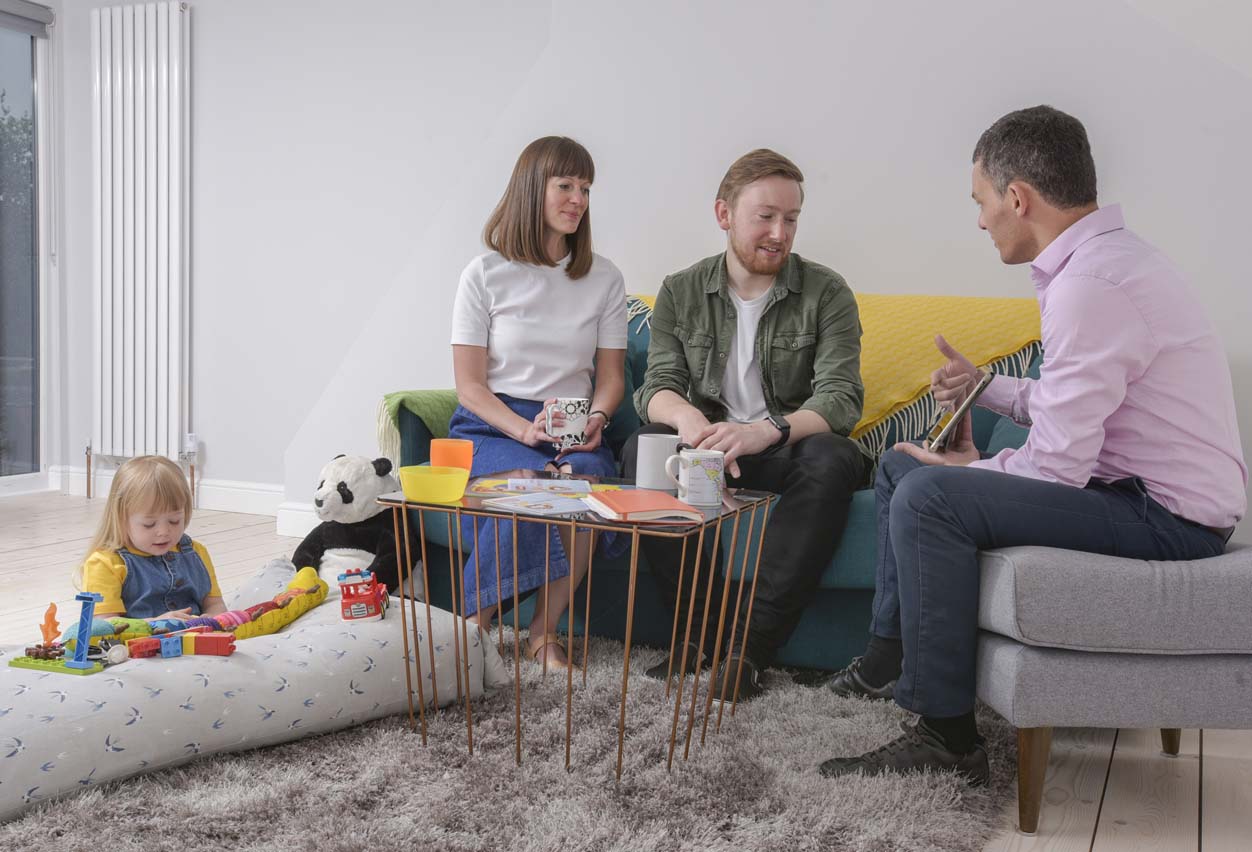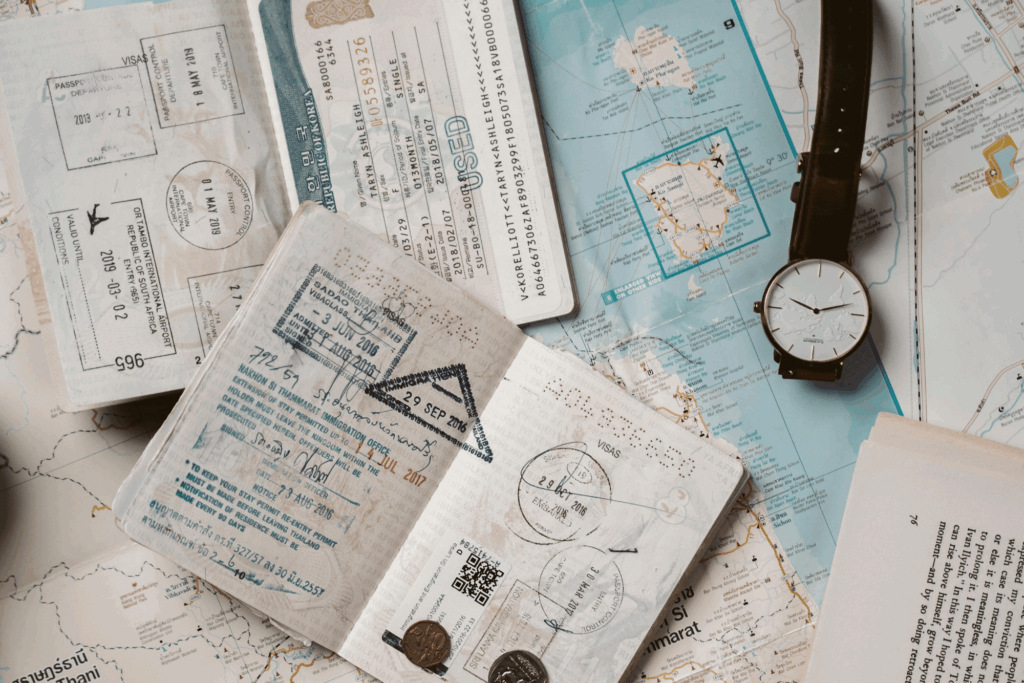Moving overseas is an exciting adventure, but it certainly comes with its fair share of challenges. Did you know that over one million Australians are currently living abroad? Popular destinations like the UK, the US, and New Zealand continue to attract expats with their career opportunities, lifestyle shifts, and vibrant cultures. But relocating involves far more than booking a flight and packing a few bags.
Whether you’re chasing a new job, furthering your studies, or simply looking for a fresh start, breaking the process into manageable steps can make a world of difference. At Crown Relocations, we’ve helped thousands of Australians navigate the complexities of moving overseas, backed by expert support and decades of global experience.
We’ve put together the ultimate checklist for Aussie expats to make your move as seamless as possible. From early research through to settling into your new home, this guide covers all the essentials, so you can embrace your new life abroad with confidence.
Research and planning your move
Before setting sail (or boarding your flight), thorough research and planning are crucial. Here’s where to get started:
Choosing the right destination
Not all countries offer the same quality of life or opportunities. When deciding on your next home, consider:
- Job availability and market demand in your field.
- Cost of living, including housing, groceries, and transport.
- Healthcare infrastructure for medical emergencies and everyday needs.
- Schooling options for families with kids.
- Regional climate and seasonal variations that might impact your lifestyle.
Understanding visa requirements
Each country has its own visa application process and eligibility criteria, so it’s best to start early. Check with the relevant government authority or embassy for the most accurate and up-to-date information. Be mindful of factors such as visa caps, processing times, and required documents like proof of financial means or a confirmed job offer.
If you’re an Australian passport holder, you may be eligible for streamlined visa pathways in several popular destinations. For example, Australians aged 18 to 35 can apply for the UK Youth Mobility Scheme visa, which allows you to live and work in the UK for up to two years. In the United States, the E-3 visa is a dedicated work visa available exclusively to Australian professionals with a job offer in a specialised field. Closer to home, under the Trans-Tasman Travel Arrangement, Australians can live and work in New Zealand indefinitely without needing a visa before arrival.
Preparing for cultural differences
Adjusting to a new culture takes time and patience. A recent InterNations survey found that getting used to local customs and building new social connections are some of the biggest challenges expats face. If you’re relocating to a non-English speaking country in Europe or Asia, such as Germany, France, Japan, or South Korea, the contrast in language, communication styles, and everyday etiquette can be significant. Taking the time to learn about local traditions, workplace expectations, and even a few basic phrases in the local language can go a long way. Understanding these cultural nuances before you move can make settling in smoother and help you connect more meaningfully with your new community.
Financial preparation
Good financial planning is key to ensuring your move doesn’t come with unexpected costs.
Setting up international bank accounts
Open an international bank account or speak to your current bank about overseas options. Ensure you’re familiar with exchange rates, account fees, and transfer limits.
Tax considerations
Australian expats should consult financial advisers about their tax obligations before relocating. Depending on your residency status, you may still owe taxes in Australia, or you could be eligible for exemptions.
Health insurance and emergency funds
Find a health insurance provider offering international coverage. Local policies may not cater to your needs as an expat. Additionally, set aside an emergency fund equivalent to three to six months’ living expenses for unforeseen costs.
Packing and shipping
Packing up your life requires careful thought to decide what to bring, leave behind, or replace.
What to bring vs buy locally
Focus on essentials and items of sentimental value. Research what’s easily available in your destination to decide what’s worth packing. For instance, household appliances like toasters or hair dryers may not be compatible with local voltage and plug types – so it might be easier to buy those once you arrive. Pantry staples like Vegemite or Tim Tams can be hard to find in some countries, so consider packing a few favourites.
Decluttering and downsizing
Save time and money on your shipment by decluttering. Donate items you no longer need or organise a garage sale. Storage facilities in Australia are also an option for items you might want later.
Shipping options
There are two main methods for transporting belongings internationally:
- Air freight is faster but suited for smaller shipments or urgent items.
- Sea freight is more cost-effective for larger loads.
Legal and documentation essentials
Failing to organise your documents can delay or even jeopardise your move.
Must-have documents checklist
Ensure you have:
- Passport and visa
- Birth and marriage certificates
- School reports for children
- Medical, vaccination, and dental records
- Travel insurance and residency permits
Digital and physical backup
Make notarised copies of critical documents and store them digitally via secure cloud services. Physical backups can also be kept in a portable document folder for easy access.
Register with SmartTraveller
Sign up for updates on security, safety, and natural disaster alerts in your destination country via SmartTraveller.
Family and lifestyle considerations
Accommodating your family and personal lifestyle is just as vital as logistics for a successful transition.
Schooling for children
Research enrolment requirements early and consider whether international or local schools best suit your child’s education goals. Australian international schools in places like Singapore, Malaysia, and the United Arab Emirates offer familiar curricula such as the Australian or IB program, which can make the transition easier. In Europe, cities like Geneva and Frankfurt also host reputable international schools with English-language instruction.
Moving with pets
Travelling with pets involves vaccination compliance, microchipping, and potential quarantine periods. Seek a professional service to manage the logistics.
Start planning your adventure
Moving overseas is a life-changing experience that calls for early planning and the right support. This checklist is a great place to start, but if you’re after a more tailored approach, your international removalist Crown Relocations Australia is here to help. With over 60 years of experience, Crown offers expert guidance, handy relocation tools, and a global network to make your move easier.














